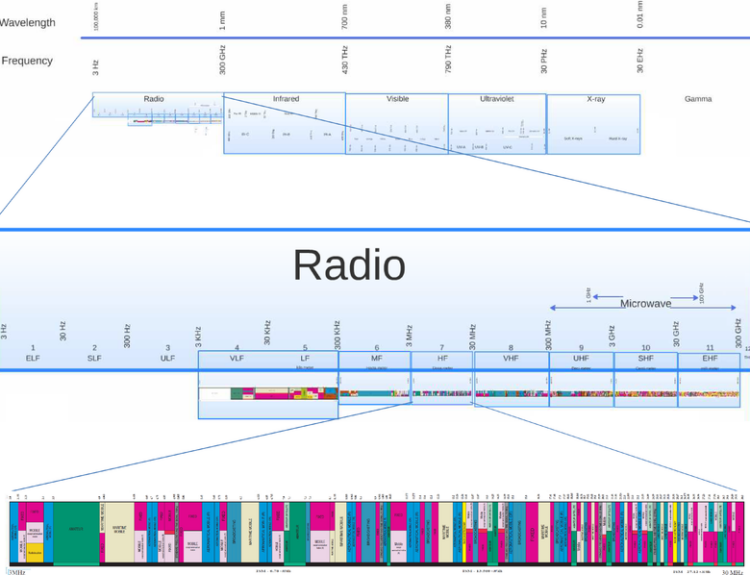Exploring the reasons behind Apple’s decision to end its car program
- Apple has ended its car program after spending a significant amount of money
- The reasons for Apple’s decision are still unclear
- Cars are not asset-light, which goes against Apple’s business model
- Regulatory and price reasons also contribute to the challenges of entering the car industry
- Successful car companies have control over design and manufacturing
- Fisker and Polestar, both asset-light EV makers, have seen significant declines in their market value
- The idea of Apple in the car business continues to linger even after the program’s end
Apple has recently announced the end of its highly anticipated car program, which had been a looming threat to the global auto industry. Despite spending a substantial amount of money, the reasons for Apple’s decision remain unclear. One possible explanation is that Apple, known for its asset-light business model, struggled with the capital-intensive nature of the car industry. Unlike software, cars require expensive manufacturing plants and extensive regulatory compliance. Additionally, the value of a car lies in its hardware, while Apple’s expertise lies in software. This fundamental difference in business models is reflected in the profit margins, with car makers typically having lower margins compared to Apple. The struggles faced by asset-light EV makers like Fisker and Polestar further highlight the challenges of this approach. While the Apple car may be gone, the idea of Apple in the car business continues to captivate the industry.
Factuality Level: 3
Factuality Justification: The article contains a mix of relevant information about the Apple car project, comparisons with other car manufacturers, and opinions from analysts. However, it lacks depth and context in some areas, and some statements are presented as facts without sufficient evidence or support.
Noise Level: 3
Noise Justification: The article provides a detailed analysis of why Apple ended its car program, discussing various factors such as asset-light business models, regulatory reasons, and differences between software and hardware. It also compares different EV companies and their market performance. The article stays on topic and supports its claims with examples and quotes from industry analysts. However, the article contains some repetitive information and could be more concise.
Financial Relevance: No
Financial Markets Impacted: No
Presence Of Extreme Event: No
Nature Of Extreme Event: No
Impact Rating Of The Extreme Event: No
Rating Justification: The article does not pertain to financial topics and does not describe any extreme events.
Public Companies: Apple Inc. (AAPL), Magna International (MGA), Geely (N/A), Rivian Automotive (N/A), Lucid Motors (N/A)
Private Companies: Fisker,Polestar Automotive
Key People: Mike Ward (Freedom Capital Markets auto analyst), Dan Ives (Wedbush analyst), Philippe Houchois (Jefferies analyst)
Reported publicly:
 www.marketwatch.com
www.marketwatch.com 





